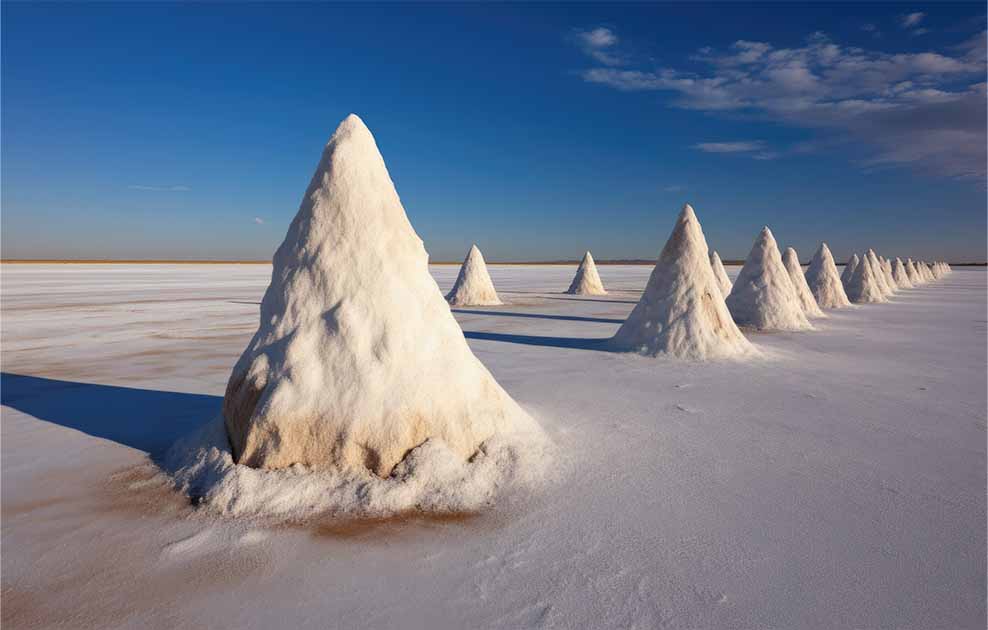Historical Importance of Salt and How it Shaped Civilizations (Video)
Salt, beyond its culinary role, shaped civilizations. Marco Polo's 13th-century travels brought back treasures from China, including salt, propelling Venice to economic greatness. Salt's significance spanned continents, serving as currency in ancient Greece and igniting the French Revolution. The Dead Sea, ten times saltier than seawater, played a biblical role and remains a natural wonder. Salt influenced political struggles, from Mahatma Gandhi's salt march in India to Napoleon's troops facing hardships due to its scarcity in Russia. Furthermore, salt's role in exploration and trade shaped world history. From the Portuguese and Spanish fleets preserving fish with salt, enabling global exploration, to American pioneers defying British salt restrictions during the War of Independence, salt has been an unsung hero in pivotal moments.
Beyond its economic and political roles, salt found a place in religious rituals worldwide. From ancient Greek ceremonies to Jewish Sabbath traditions and Buddhist practices, salt symbolized purity and repelled evil spirits. In the Bible, salt symbolized enduring agreements, echoed in Jesus' teaching that followers are the "salt of the earth." This metaphor takes on contemporary relevance, suggesting adherence to timeless principles can combat ethical challenges in societies facing moral decay.
- When Salt Was Traded for Gold: The Salt Trade of West Africa that Built Kingdoms and Spread Culture
- Salt: Treasure of the Ancient World and Highly-Valued Currency of the Roman Empire
Top image: Salt piles. Source: altitudevisual / Adobe Stock.

















